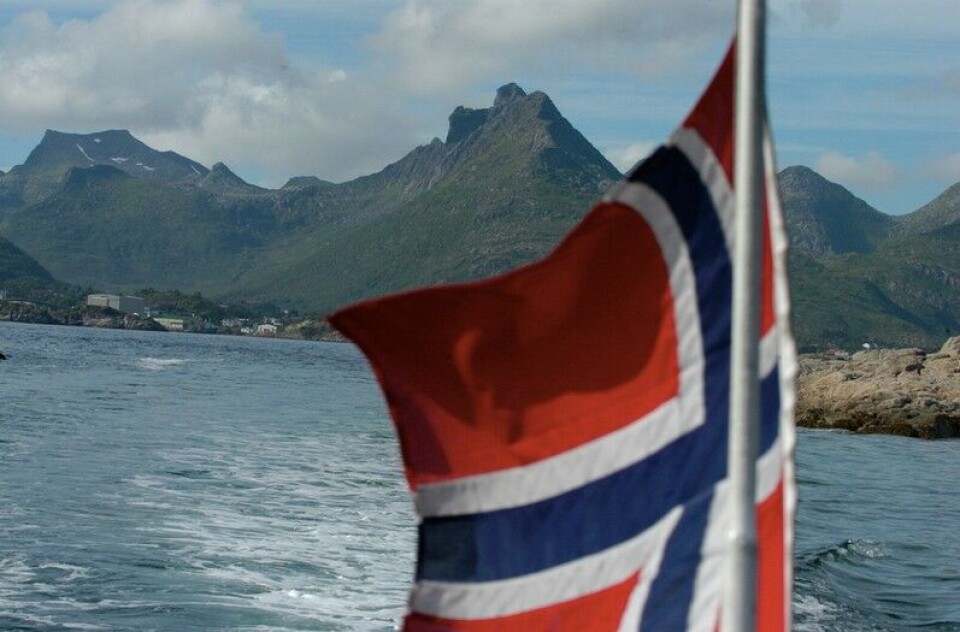
Norway seeks way out of crisis, invests in more oil
Amid strong warnings from environmentalists, the Norwegian Parliament decides to pump great sums into a support-package for the country's oil industry. Tax benefits are to help the oilmen launch new projects, including in the Arctic.
Extraordinary crisis-packages have come one after another as the coronavirus has led to a significant setback for Norwegian economy. Leaned on its huge Oil Fund, national authorities have generously allocated billions after billions of kroner aimed at reviving economy and saving jobs.
This week, the turn had come to the country’s powerful oil industry. After weeks of negotiations, the parliament pushed through 8 billion kroner (€760 million) of tax benefits for petroleum companies
If including subsequent returns of the companies, the value of the package is much bigger, as big as 39 billion kroner (€3.7 billion), representatives of the Norwegian Finance Ministry say to newspaper Aftenposten.
The support package is backed by opposition parties Labour, Center Party and the Progress Party. It overrides an original more modest package proposed by the ruling minority government coalition of PM Erna Solberg.
More Arctic oil
The tax releases are to help companies invest in new field development, including in the Arctic. Among the projects that now could come on the development table is the Wisting field in the Barents Sea.
The field that was discovered by OMV in 2013 is located in the northern parts of the Barents Sea. Its license is today controlled by Equinor.
The support package reportedly also includes a deal on the landing of oil from the Johan Castberg field. Field operator Equinor has argued that the landing of the oil will be too expensive and instead based the project on a floating production storage and offloading (FPSO) unit. Now, politicians force the company to u-turn.
The terminal will be located at Veidnes, not far from tourist attraction North Cape.
In addition, the package also includes a possible opening for oil drilling north of the so-called ice-edge after 2024. That is contrary to the government’s decision earlier this year to ban exploration north of a zone with average 15 percent ice concentration.
Labour wants oil jobs
It is the Labour Party that has been instrumental in the putting together of the oil package.
Flanked by powerful ally and union leader Hans-Christian Gabrielsen, party leader Jonas Gahr Støre on Monday underlined that his party together with a parliament majority coalition has “secured thousands of jobs in the oil, gas and supply industry.”
In several Facebook posts, Støre underlines that the support package first of all is aimed at saving jobs. He also argues that the oil and petro engineering companies will be of paramount importance for Norway’s transition to a new and greener economy.
Strong criticism
However, Støre and his associates are strongly criticized by the youth branch of the party, who argues that Norway instead should invest in green and climate-friendly industries.
“This will be a shameful part of the Labor Party history,” says youth party representative Jan Halvor Vaag Endrerud. “When we ignore professional advice on environment, we no longer have a knowledge-based management, but rather a management based on political feelings,” he says to TV2.
The same message comes from a united front of environmental organizations.
In a joint letter, ten environmental organizations last week called on the Labour Party not to boost support for the oil industry.
Investment incentives for the oil and gas industry stand in stark contrast to the response of the international community, the organizations underline, and refer to UN General Secretary Antonio Guterres and IEA leader Fatih Birol who call on countries to focus their coronavirus crisis packages on phasing out fossil subsidies and rather prioritize clean energy initiatives.
Economic downturn
The corona crisis has made the previously super strong economy of Norway to stagger. Estimates from the Norwegian Statistics indicate a 4 percent drop in national GDP in 2020. That is less than previously predicted by economists, but the country’s economy will over the next years remain strongly affected by lower international demand and low oil price, a new report says.
















